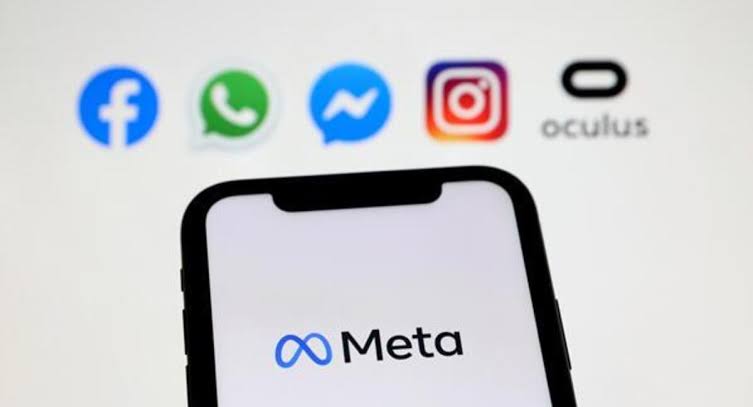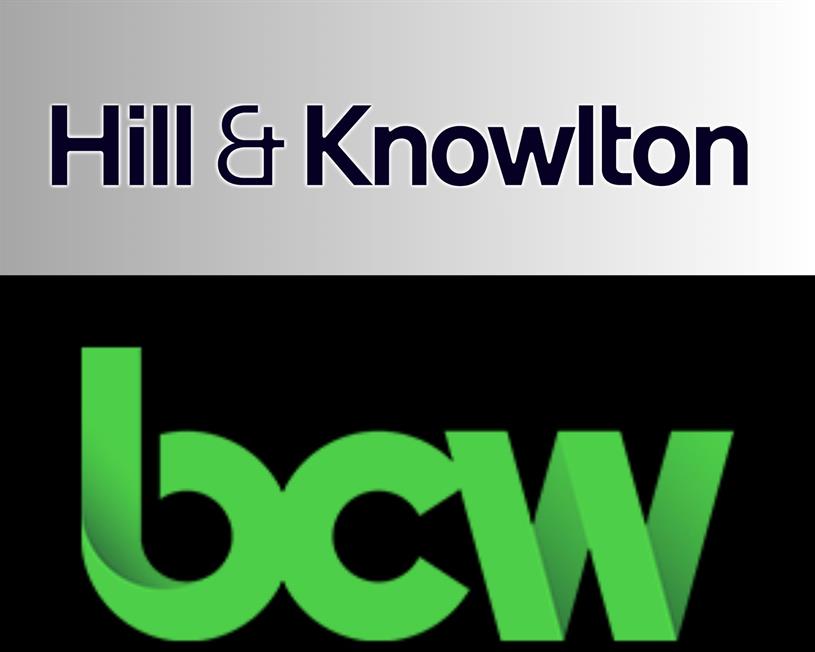Initially dismissed on the grounds of “insufficient evidence for its central claim” the US Federal Trade Commission has been given the order to proceed with an antitrust lawsuit filed against tech giant, Meta.
In a memorandum of opinion made public, the US District Court disclosed that the FTC filed an Amended Complaint containing significant additions and revisions aimed at addressing the shortcomings identified in its prior Opinion, noting that the core theory of the lawsuit remains essentially unchanged.
The court revealed in the statement: “The Federal Trade Commission’s first antitrust suit against Facebook, Inc. stumbled out of the starting blocks, as this Court dismissed the Complaint last June. In doing so, the Court concluded that the Commission had failed to plausibly allege “that Facebook has monopoly power in the market for Personal Social Networking (PS) services. However, the Court left the door ajar for the agency to amend the Complaint and reinstate its suit.”
“The facts alleged this time around to fortify those theories, however, are far more robust and detailed than before, particularly in regard to the contours of Defendant’ alleged monopoly.”
According to the statement, the Commission continues to allege that Facebook has long had a monopoly in the market for PS services and that it has unlawfully maintained that monopoly via two types of actions: first, by acquiring competitors and potential competitors- most notably, Instagram and WhatsApp— that it believed were well situated to eat into its monopoly; and second, by implementing and enforcing policies that prevented interoperability between Facebook and other apps that it viewed as nascent threats.
However, in an interview made public by The Verge, Meta responded: “Today’s decision narrows the scope of the FTC’s case by rejecting claims about our platform policies. It also acknowledges that the agency faces a ‘tall task’ proving its case regarding two acquisitions it cleared years ago,” says the statement. We’re confident the evidence will reveal the fundamental weakness of the claims. Our investments in Instagram and WhatsApp transformed them into what they are today. They have been good for competition, and good for the people and businesses that choose to use our products.”






Comment
No comments found.